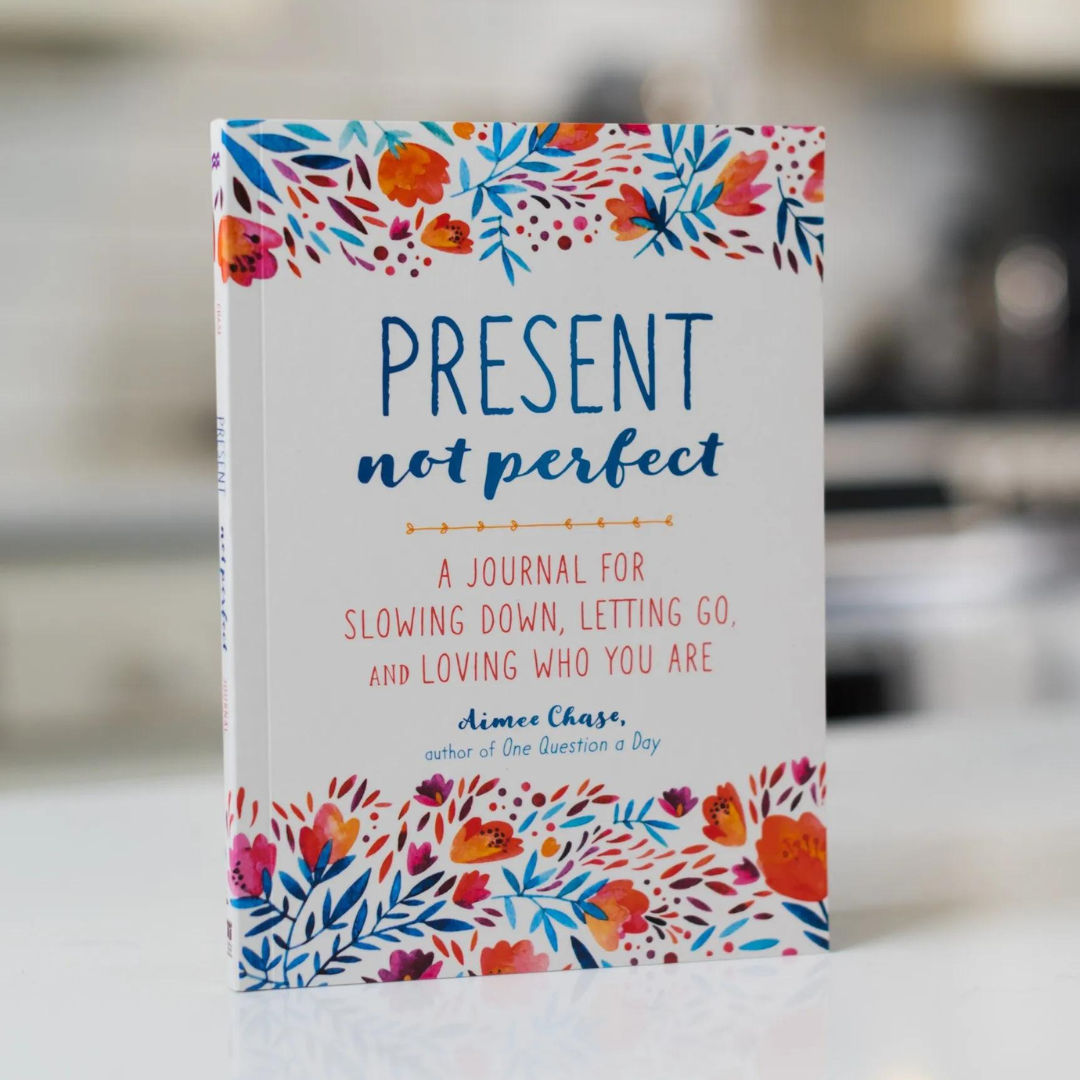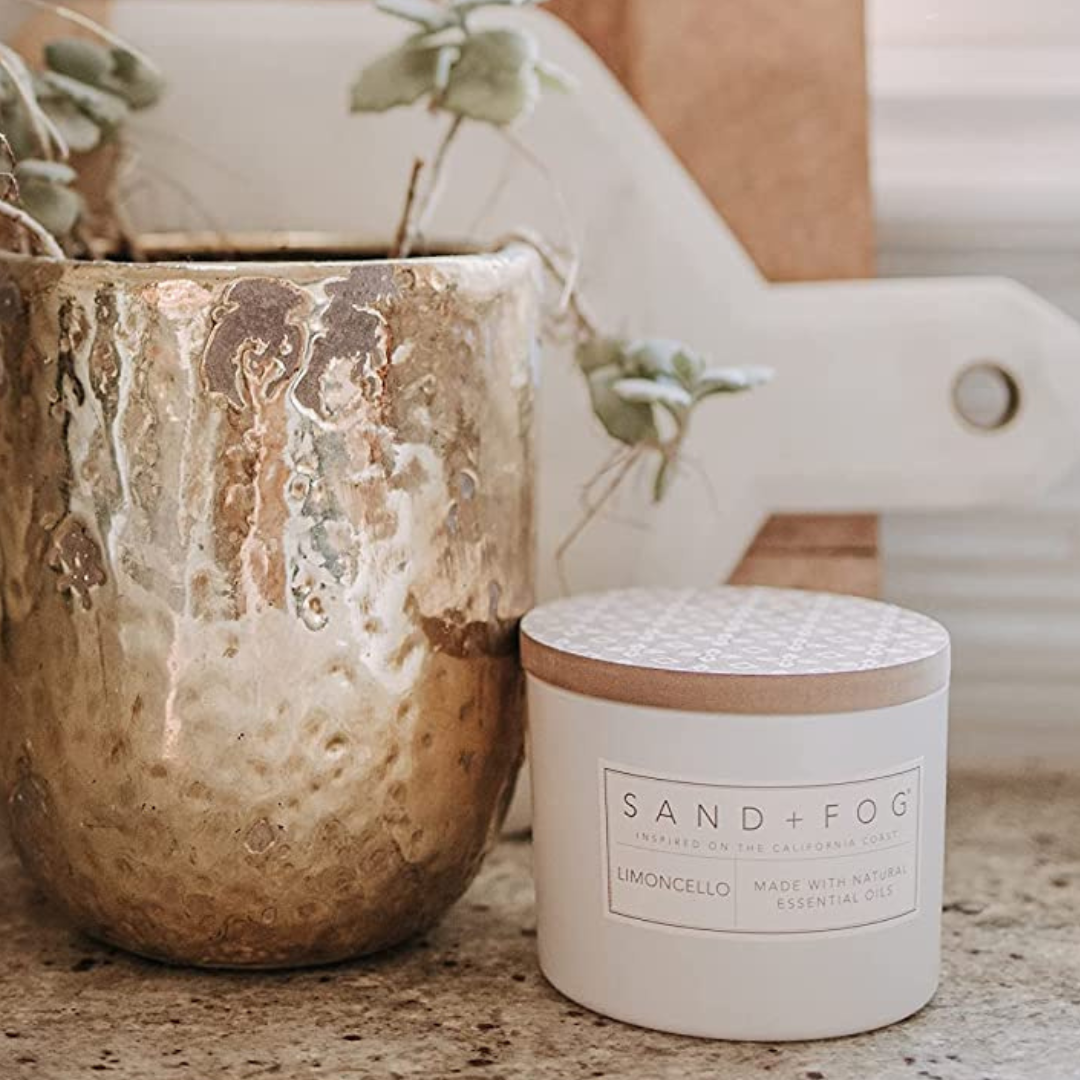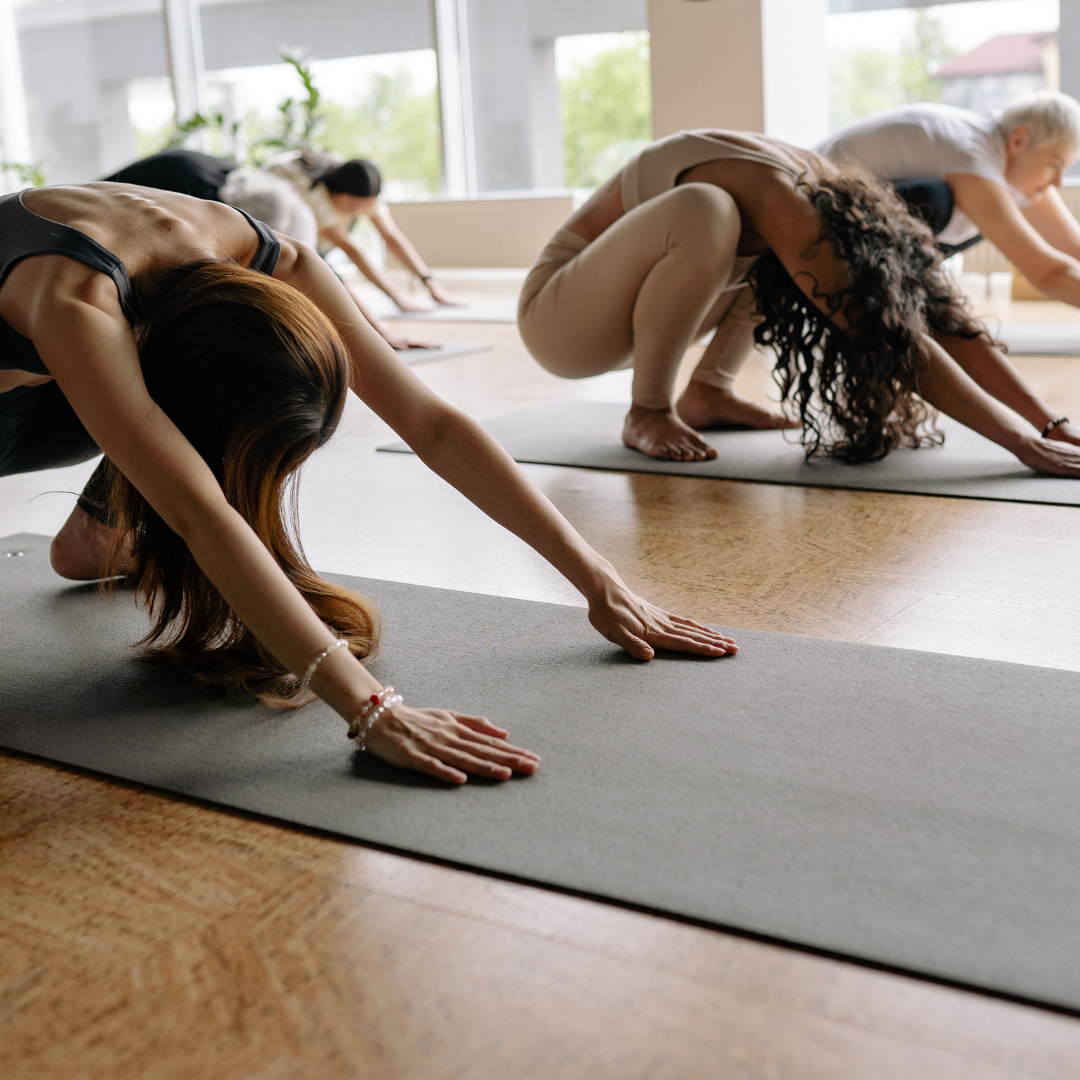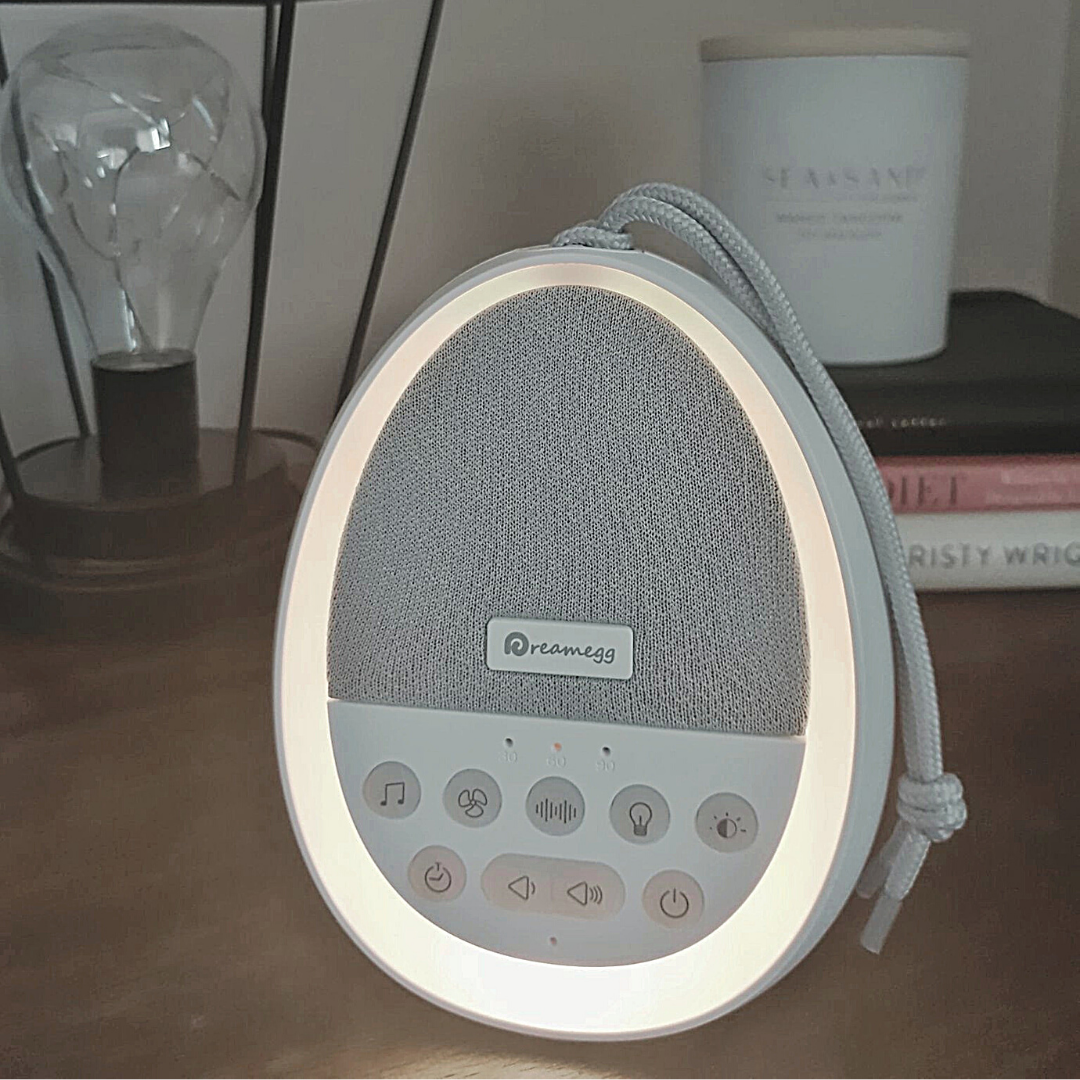|
|The start of a new year can be a time that many people start new traditions or resolutions in order to bolster overall health and well-being. While some people opt for a new gym membership or weekly yoga classes in order to invest in a new physical health regime, others may seek to invest in a positive change for their mental health and well-being, like introducing reflective practices into their daily routine.
Please note: This article does not contain healthcare or therapeutic advice. If you are concerned about your health or well-being, speak with a health professional or visit your nearest medical facility in an emergency. This is a collaborative article and contains affiliate links.
Reflective Journaling: A Step-by-Step Guide
One way this can be achieved is through reflective journaling. Being reflective is the process of using metacognition, which refers to taking the time to think on a deeper level about ones own thinking, in order to acquire a different perspective of these thoughts that may have been overlooked at first.
Reflection allows an individual to more carefully consider the profound experiences that have impacted on their lives, or become critically aware of how these experiences have shaped them in some way. "Self-reflection is a humbling process. It's essential to find out why you think, say, and do certain things... then better yourself.” ~ Sonya Teclai
Preparation
Let's consider the steps to take to start the process of reflective journaling. You may want go through the following checklist first in preparation:
Step-by-Step Guide
Now let's go through a step-by-step process that you can use to set up your reflective journal. You are welcome to spend more time at a particular step, or alter each step, to suit your needs.
1) Brainstorm ideas It can help to create a list of possibilities to write about such as ideas, concepts, beliefs, values, stories, memories, and anything else that may surface in your mind. Having this list nearby can help you to draw inspiration from throughout the reflective process. You may also want to consider using a mind-map, haphazardly jotting down thoughts as they come to your mind, or practicing freewriting. If you have other strategies that have worked for you to generate new ideas, feel free to use them now! Tip: Need some inspiration or prompts to get your reflective juices flowing? Check out this article by Penzu (a completely customizable online journal) on 8 Tips for Writing Journal Entries. 2) Reflect on your current emotional and physical state Consider your present emotional state in order to prepare yourself to be able to critically reflect on thoughts and feelings at a deeper level. One way of doing this is to consider what words, images, colours or designs would help you to describe your emotions. Take some time to think about your emotions through a microscope.. what do you see? In a similar fasion, consider your present physical state in terms of how your body feels at this particular moment in time.. are you noticing any tension, stress, soreness? How might you be able to alleviate these discomforts in order to feel more relaxed and settle into the writing process? 3) Start asking yourself critical & profound questions This step is the heart of the reflective journaling process, and sometimes the most uncomfortable. It's time to get really personal with yourself and start asking bold questions that explore the depth and meaning of who you are as a person. What do you really want to know about yourself (or others, or the universe) but haven't had the chance or forum to ask yet? The goal is to critically challenge your way of thinking to discover a new perspective. Some examples might be...
4) Reflect on your journal entries & check-in with emotions Depending on how deep you were able to go with your reflections, this may have been a difficult process to undertake. Take caution in re-reading your entries if emotional disturbances were present during the reflection process. Reflective journaling can help to make emotional connections with difficult experiences, but it may also take time and patience. Practice self-care strategies as needed, especially if triggered by difficult thoughts or feelings. Seek support from family, friends or professional supports such as a therapist for further help to process reflections. Related: 7 Self-Care Bullet Journal Spreads Share your comments about reflective journaling below. Have you tried this process before? If not, how do you imagine it might help you in being able to explore your own thoughts and feelings in new ways? Mental Health Resource VaultSIGN UP FOR INSTANT ACCESSGreat!Check your email for instructions on how to access the Members Only Resource Vault. Enjoyed this post? Check out the latest Mental Health Blog Post here.
The links on this page are embedded with affiliate links that I may be compensated for at no extra cost to you. Want to start your own blog? Check out my preferred blogging resources!
7 Comments
3/3/2017 04:45:41 pm
Thanks, Norine! If you're on Pinterest make sure you pin the journaling inforgraphic and follow me so I can follow you back! :)
Reply
Hi Heather, I've been a journal writer for years and it's helped me cope with some pretty dark years. Right now my journalling has a focus that's a little different.
Reply
3/13/2020 08:49:05 pm
Thank you so very much for your comment, Debrah. That sounds like a very special way of sharing your thoughts with your grandchild and daughter by writing a journal for each. I bet they would treasure these journals very much!
Reply
Hey Heather,
Reply
3/13/2020 08:50:18 pm
I'm glad to hear this article was helpful for you to start your reflective journaling practice, Janae. I have a lot of other articles to check out since writing this post, I hope you check out the new content!
Reply
Your comment will be posted after it is approved.
Leave a Reply. |
Welcome to the blog!↓ That's me, Heather. :)
MENTAL HEALTH RESOURCE VAULTGreat!Check your email for instructions on how to access the Mental Health Resource Vault. Categories
All
Popular Posts// 25 Positive Mindset Quotes
// Self-Care Bullet Journal Spreads // 7 Ways Your Physical Health is Connected to Your Mental Health |
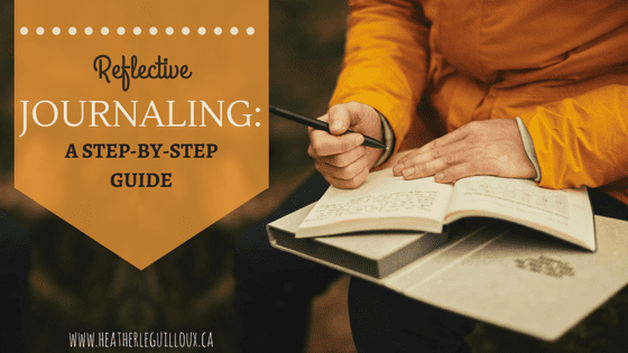
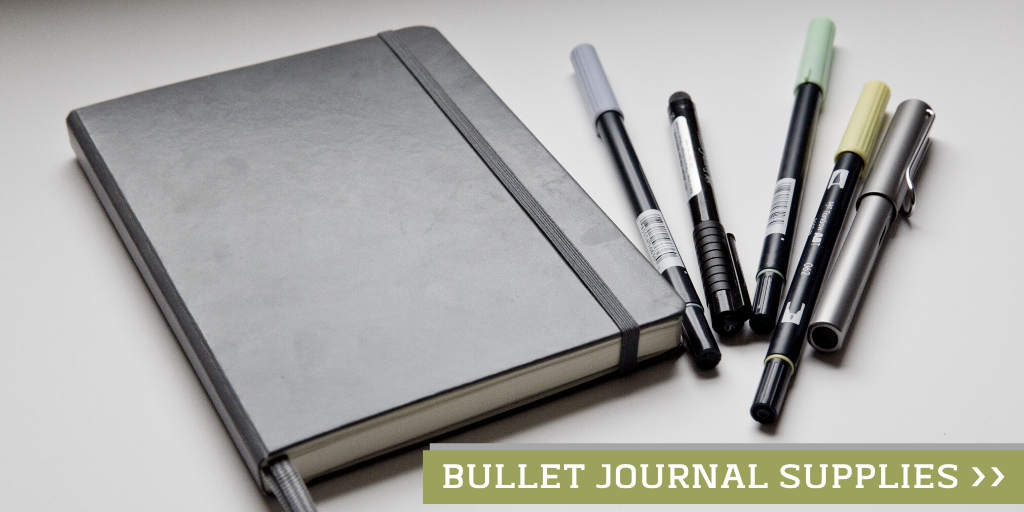


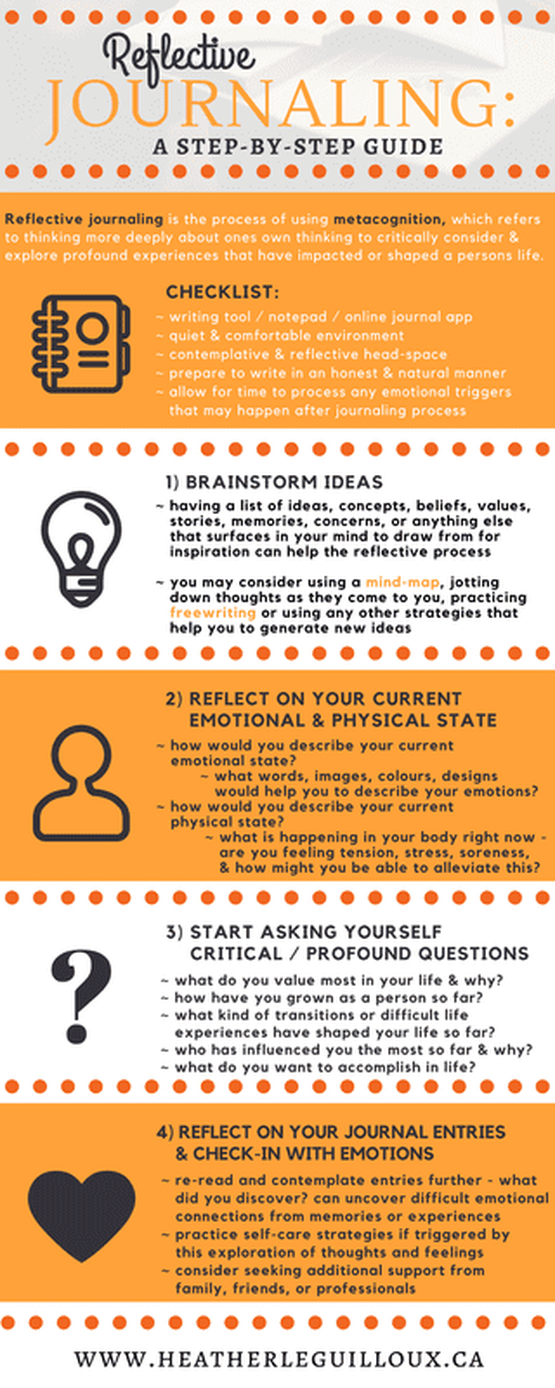

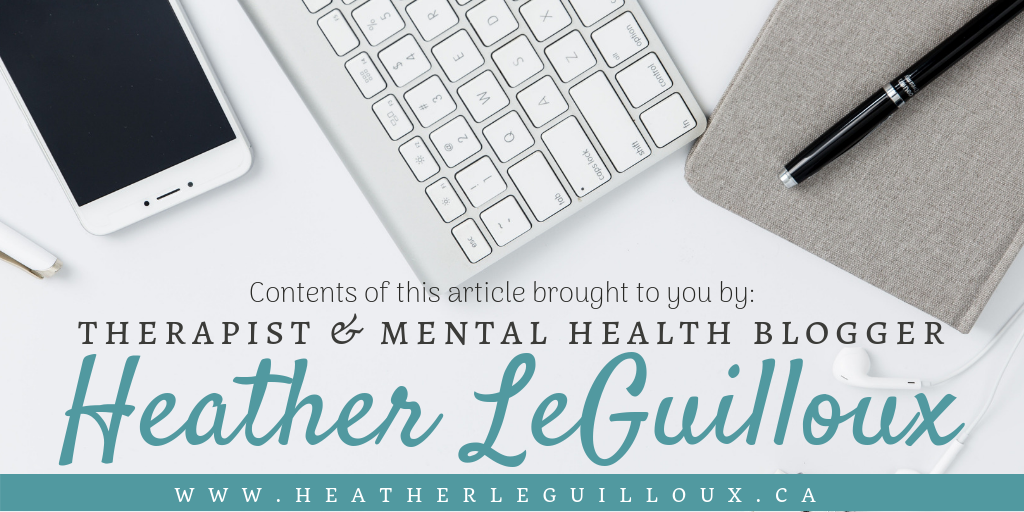

 RSS Feed
RSS Feed




